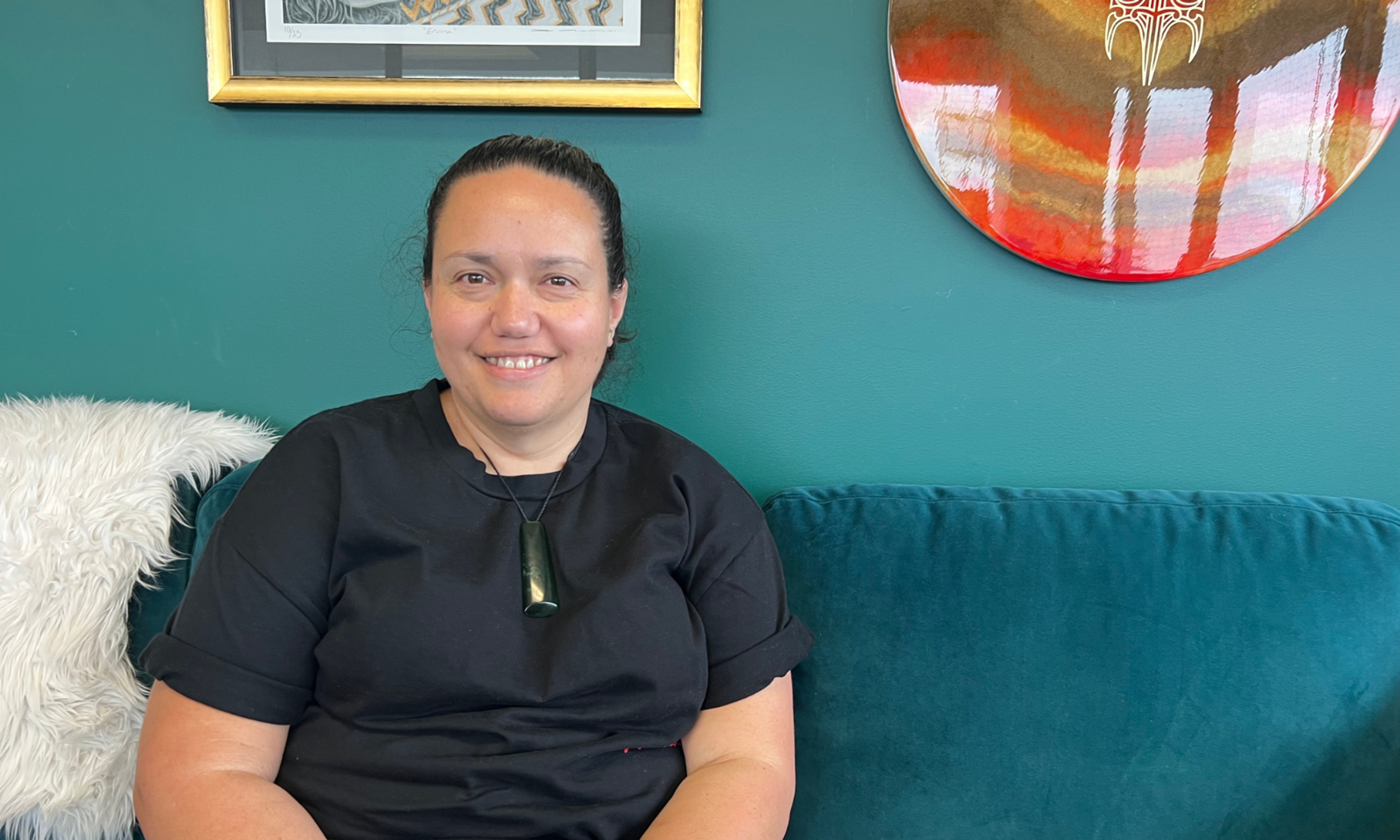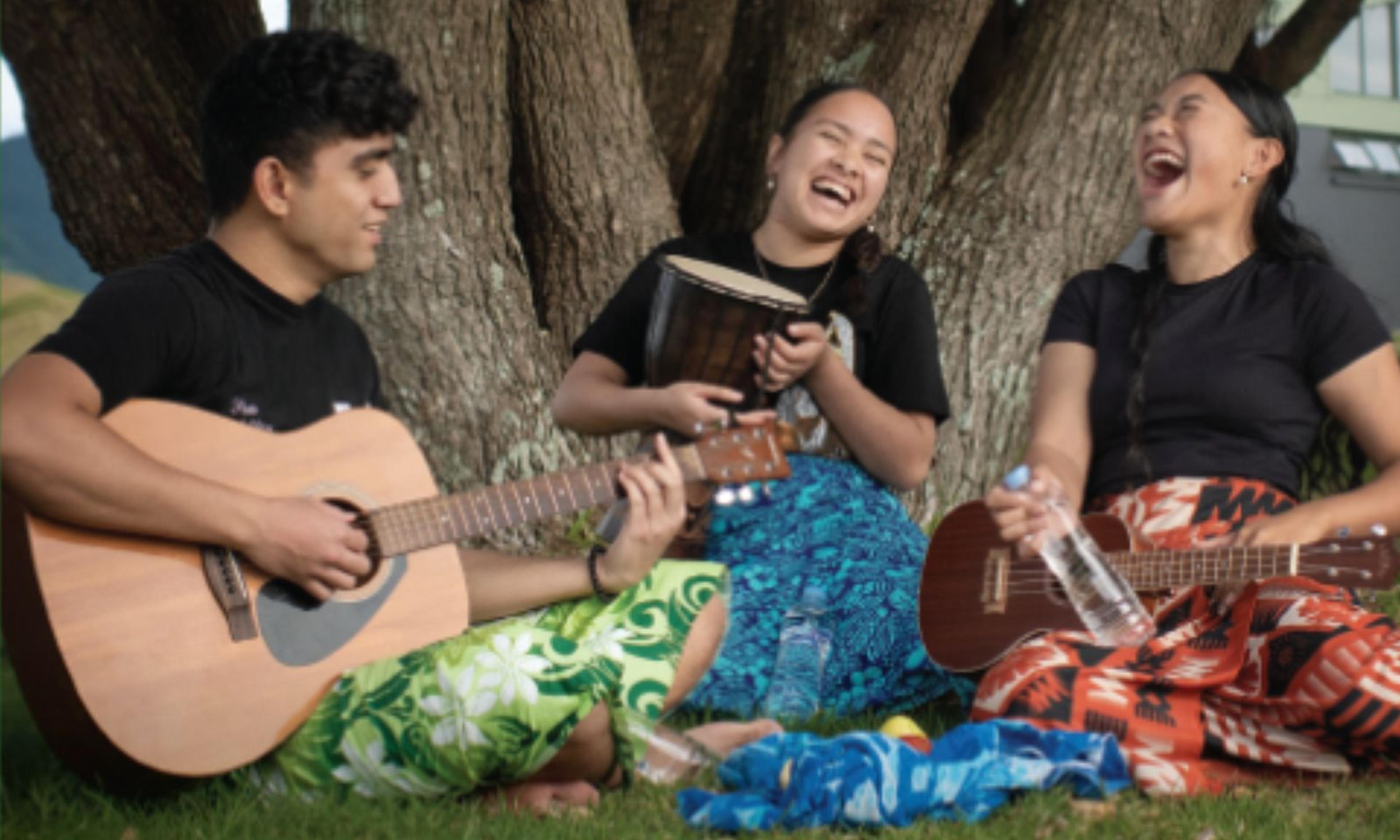

Dr Kelly Garton fires back at Seymour's "wasteful" narrative sourced in premature evidence.
Photo/PMN News
New evaluations reveal positive outcomes from free school lunches, contradicting Treasury report findings
Dr Kelly Garton says the Treasury report was "premature" in determining free school lunches having no notable impact on school attendance or performance.


Pacific workers encouraged to consider digital careers, as NZ unemployment rises

Call for govt to prioritise Pacific people struggling with language and culture

Report finds youth employment and gender gaps in Pacific remains high


Pacific workers encouraged to consider digital careers, as NZ unemployment rises

Call for govt to prioritise Pacific people struggling with language and culture

Report finds youth employment and gender gaps in Pacific remains high
The Health Coalition Aotearoa called the Treasury 2023 report's conclusion that free school lunches had zero impact on attendance and educational outcomes as "premature".
The Ka Ora, Ka Ako Healthy School Lunches programme feeds more than 220,000 students, which is about a quarter of all New Zealand school pupils.
Dr Kelly Garton says the reason the Treasury 2023 report concluded that the Healthy lunches programme was ineffective was due to the program only starting in 2021.
"It was too early to see the full picture at that point and those negative conclusions were premature," Dr Garton says.
"The report was mainly concerned about the impacts of Ka Ora, Ka Ako, especially on attendance and performance in schools.
"While the Treasury acknowledged significant improvements in student food security, health and wellness, it concluded that the program had no impact on attendance."
She says they did not have enough data to find "meaningful change" in attendance at the time which was partially due to covid lockdowns.
"They did note that ākonga Māori (Māori students) had reported smaller improvements in health and functioning at school.
"There was evidence of some potential negative impact on the mental well-being of Māori learners.
"So these were very preliminary assessments and this needed to be followed up with more study to get the full picture."
Dr Garton also reiterates what others have said about the 12 per cent surplus of school lunches, saying they do not end up being wasteful since they are redistributed to "hungry families in the community."
"This surplus has also been reduced over time but David Seymour has picked this up to say the programmes wasteful."
Dr Garton says recent evaluations have provided better insights into the impacts of Ka Ora, Ka Ako, where a third evaluation focused on Māori students.
"It found that Ka Ora, Ka Ako does effectively contribute to hauora and well-being of our ākonga Māori across all dimensions.
"It also found positive impact on learning. So one of the reasons for these different results may be that it was a kaupapa Māori study, so it may have been more appropriate and better attuned to collecting the experiences of tamariki and their whānau."
She says a fourth evaluation was able to properly look at the changes in attendance from analysing attendance before and after the implementation of Ka Ora, Ka Ako.
"It found that the program does contribute to increased attendance for certain students, for the most underserved students in other words and those most at risk of missing school."
She says this averages around an additional three days of attendance per year for most underserved students but for the 10 per cent of at-risk students that would be around two extra days per term.
Dr Garton also says there have been several independent studies, including one on Hawke's Bay where the program has been running for some time. She says those studies "corroborate the results of these newer evaluations".
"It's important to remember that there are many different barriers to attending school and a school food program can't fix all of that.
"But at least now not having kai is not one of them."
Watch the full interview via 531pi's Facebook below:

